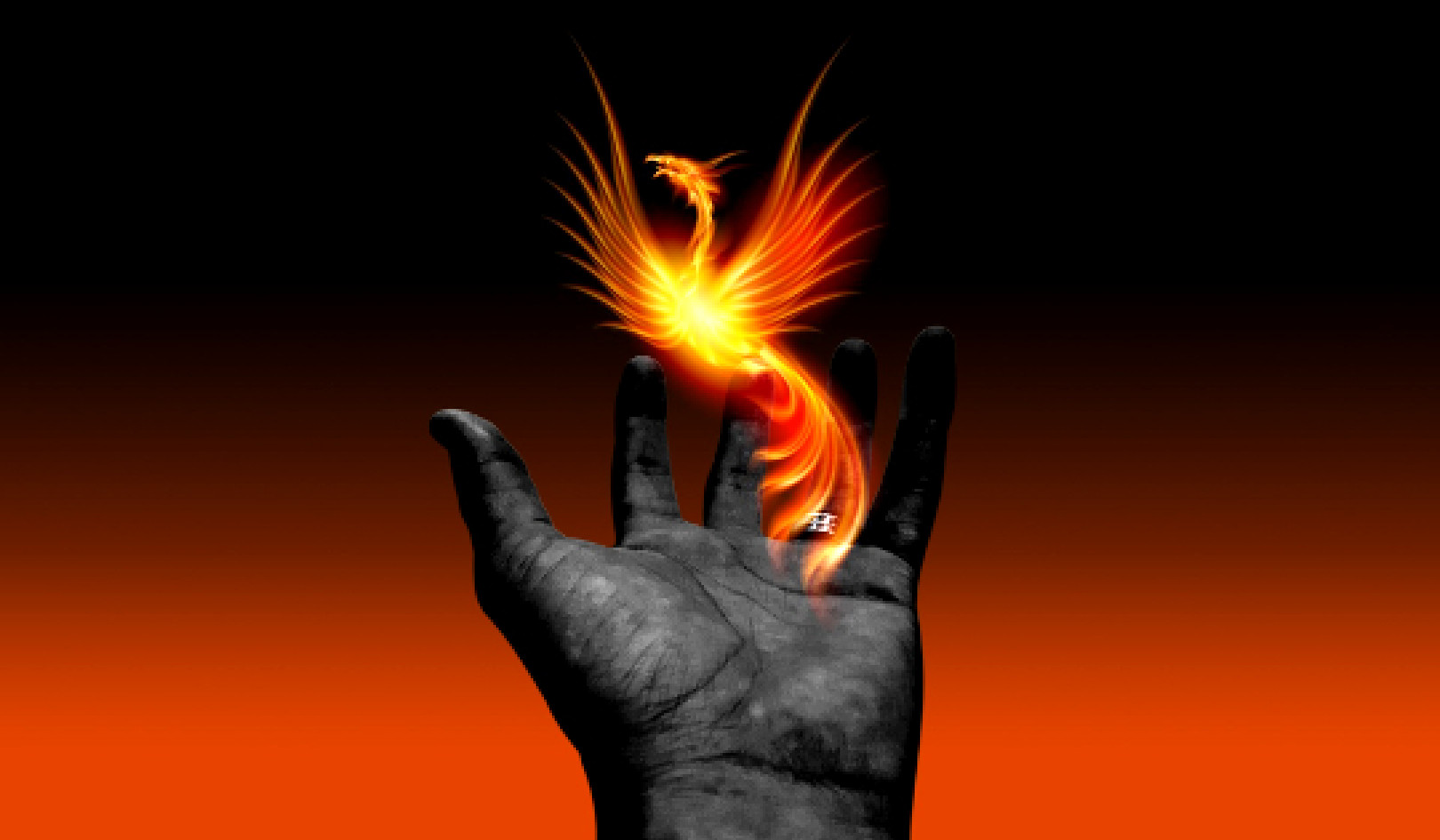
New research suggests people who choose from many options quickly may be doing it to avoid thinking deeply about their decision.
When it’s time to pick a movie, are you more likely to quickly make a decision or meticulously sift through the possibilities?
Psychologists refer to those who search minimally for something to arrive at an adequate choice as “satisficers.” It’s the “maximizers,” meantime, who search exhaustively for what might be considered the perfect option.
Previous studies exploring both strategies after making a choice often present satisficing as a more psychologically healthy alternative and even something to aspire to.
And why not? Spending about as much time choosing a movie as it takes to actually watch it seems like the agonizing reality of someone incapable of choosing from a constellation of options.
“We might assume maximizers are having a negative experience in the moment, obsessing over the perfect choice. But it appears to be the satisficers…”
But new research from the University at Buffalo that measured cardiovascular responses in the moment of making a choice, rather than after-the-fact, suggests the opposite: It’s the satisficers who feel incapable, and what appears to be a speedy certainty might instead be a defense from having to think too deeply about the choices being presented to them.
“We might assume maximizers are having a negative experience in the moment, obsessing over the perfect choice. But it appears to be the satisficers—and that might be why they’re satisficing,” says Thomas Saltsman, a psychology researcher and lead author of the paper in the journal Psychophysiology.
“We found evidence that compared to maximizers, satisficers exhibited cardiovascular threat responses consistent with evaluating themselves as less capable of managing their choice in the moment.”
The findings break with traditional wisdom. The implications are relevant not just to everyday decision making, but speak as well to how people approach significant choices, according to coauthor Mark Seery, an associate professor of psychology.
“Anyone who has had the experience of maximizing and thought about the energy and stress saved by satisficing might want to rethink that position,” says Seery. “There’s a time and a place for satisficing, but people who do so as a defense against the agony of choice might not be prepared to make critical decisions when they have to.”
Using a sample of 128 participants, the researchers first assessed everyone’s decision-making style (maximizing vs. satisficing), before presenting them with 15 online personal profiles and accompanying cards with related biographical details. Participants had three minutes to choose their “ideal” person or partner. Afterward, they reported on their decision.
Unlike previous studies, the researchers measured cardiovascular responses to better understand participants’ psychological experiences during their choice, a method Saltsman and Seery have used in previous work. In particular, they focused on how people experience two key motivational dimensions called task engagement and challenge/threat.
Task engagement describes how much people care about what they’re doing, as indicated by how hard and fast the heart is pumping. Challenge/threat addresses how capable and confident someone feels in moments of stress. Confidence (challenge) causes arteries to dilate, a more efficient cardiovascular state than threat, or lack of confidence, which causes the arteries to constrict.
Saltsman says the team found no evidence that maximizers and satisficers differed in terms of task engagement, or how much importance they placed on their decisions.
“What we did find is that satisficers exhibited greater threat,” he says. “It presents a novel view of satisficing, one that is more defensive, uncomfortable, and reactionary in nature, rather than easy, expedient, and carefree.”
Saltsman says satisficers may search minimally through their options not because they are less particular or simply care less about their choices than maximizers, but because they feel incapable of choosing from so many options.
“Ultimately, whether we’re the Netflix viewer who swiftly settles for the lame but relatable romantic comedy, or who scrolls endlessly through its bottomless offering list of content options, it’s important to occasionally press the pause button and ask why we are approaching this decision the way we are,” says Saltsman.
About the Authors
Thomas Saltsman, a psychology researcher and lead author of the paper and coauthor Mark Seery, an associate professor of psychology; University at Buffalo

Books Improving Attitude and Behavior from Amazon's Best Sellers list
"Atomic Habits: An Easy & Proven Way to Build Good Habits & Break Bad Ones"
by James Clear
In this book, James Clear presents a comprehensive guide to building good habits and breaking bad ones. The book includes practical advice and strategies for creating lasting behavior change, based on the latest research in psychology and neuroscience.
Click for more info or to order
"Unf*ck Your Brain: Using Science to Get Over Anxiety, Depression, Anger, Freak-Outs, and Triggers"
by Faith G. Harper, PhD, LPC-S, ACS, ACN
In this book, Dr. Faith Harper offers a guide to understanding and managing common emotional and behavioral issues, including anxiety, depression, and anger. The book includes information on the science behind these issues, as well as practical advice and exercises for coping and healing.
Click for more info or to order
"The Power of Habit: Why We Do What We Do in Life and Business"
by Charles Duhigg
In this book, Charles Duhigg explores the science of habit formation and how habits impact our lives, both personally and professionally. The book includes stories of individuals and organizations who have successfully changed their habits, as well as practical advice for creating lasting behavior change.
Click for more info or to order
"Tiny Habits: The Small Changes That Change Everything"
by BJ Fogg
In this book, BJ Fogg presents a guide to creating lasting behavior change through small, incremental habits. The book includes practical advice and strategies for identifying and implementing tiny habits that can lead to big changes over time.
Click for more info or to order
"The 5 AM Club: Own Your Morning, Elevate Your Life"
by Robin Sharma
In this book, Robin Sharma presents a guide to maximizing your productivity and potential by starting your day early. The book includes practical advice and strategies for creating a morning routine that supports your goals and values, as well as inspiring stories of individuals who have transformed their lives through early rising.
s

























